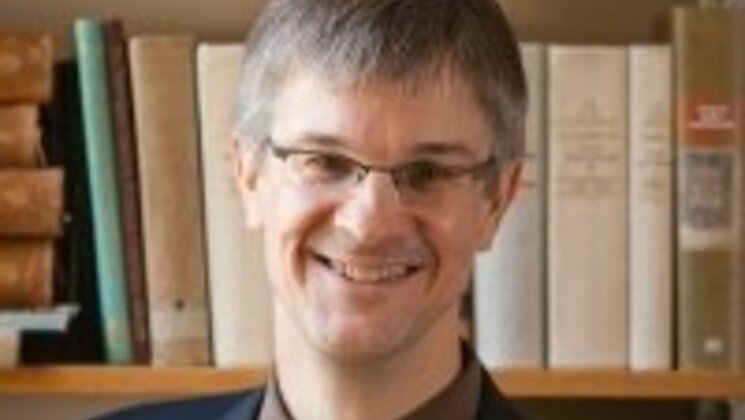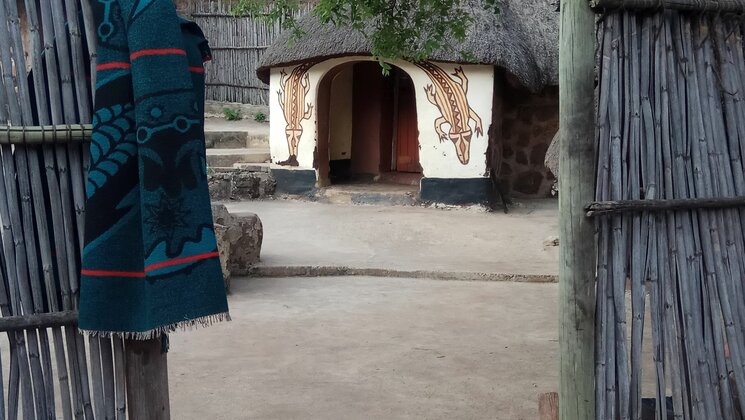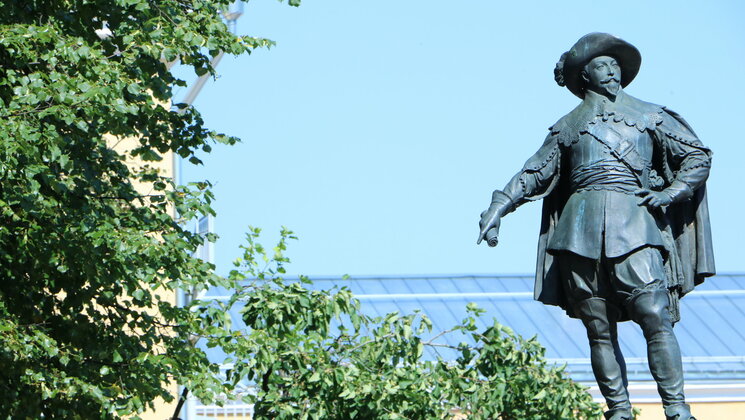-
Faculty of Arts and HumanitiesJakobi 2, r 116-121 51005 Tartu linn, Tartu linn, Tartumaa ESTJakobi 2 51005 Tartu linn, Tartu linn, Tartumaa ESTJakobi 2, IV korrus 51005 Tartu linn, Tartu linn, Tartumaa ESTJakobi 2, III korrus, ruumid 302-337 51005 Tartu linn, Tartu linn, Tartumaa ESTÜlikooli 16 51003 Tartu linn, Tartu linn, Tartumaa ESTLossi 3 51003 Tartu linn, Tartu linn, Tartumaa ESTÜlikooli 18 50090 Tartu linn, Tartu linn, Tartumaa ESTPosti 1 71004 Viljandi linn, Viljandimaa ESTJakobi 2 51005 Tartu linn, Tartu linn, Tartumaa ESTJakobi 2 51005 Tartu linn, Tartu linn, Tartumaa ESTFaculty of Social SciencesLossi 36 51003 Tartu linn, Tartu linn, Tartumaa ESTJakobi 5 51005 Tartu linn, Tartu linn, Tartumaa ESTLossi 36, ruum 301 51003 Tartu linn, Tartu linn, Tartumaa ESTNarva mnt 18 51009 Tartu linn, Tartu linn, Tartumaa ESTNäituse 2 50409 Tartu linn, Tartu linn, Tartumaa ESTNäituse 20 - 324 50409 Tartu linn, Tartu linn, Tartumaa ESTLossi 36 51003 Tartu linn, Tartu linn, Tartumaa ESTRaekoja plats 2 20307 Narva linn, Ida-Virumaa ESTRingi 35 80012 Pärnu linn, Pärnu linn, Pärnumaa ESTLossi 36 51003 Tartu linn, Tartu linn, Tartumaa ESTLossi 36 51003 Tartu linn, Tartu linn, Tartumaa ESTFaculty of MedicineRavila 19 50411 Tartu linn, Tartu linn, Tartumaa ESTBiomeedikum, Ravila 19 50411 Tartu linn, Tartu linn, Tartumaa ESTNooruse 1 50411 Tartu linn, Tartu linn, Tartumaa ESTL. Puusepa 1a 50406 Tartu linn, Tartu linn, Tartumaa ESTL. Puusepa 8 50406 Tartu linn, Tartu linn, Tartumaa ESTRavila 19 50411 Tartu linn, Tartu linn, Tartumaa ESTUjula 4 51008 Tartu linn, Tartu linn, Tartumaa ESTRavila 50411 Tartu linn, Tartu linn, Tartumaa ESTRavila 19 50411 Tartu linn, Tartu linn, Tartumaa ESTFaculty of Science and TechnologyVanemuise 46 - 208 51003 Tartu linn, Tartu linn, Tartumaa ESTNarva mnt 18 51009 Tartu linn, Tartu linn, Tartumaa ESTRiia 23b/2 51010 Tartu linn, Tartu linn, Tartumaa ESTRavila 14a 50411 Tartu linn, Tartu linn, Tartumaa ESTNarva mnt 18 51009 Tartu linn, Tartu linn, Tartumaa ESTRiia 23, 23b - 134 51010 Tartu linn, Tartu linn, Tartumaa ESTObservatooriumi 1 61602 Tõravere alevik, Nõo vald, Tartumaa ESTNooruse 1 50411 Tartu linn, Tartu linn, Tartumaa ESTJ. Liivi tn 2 50409 Tartu linn, Tartu linn, Tartumaa ESTVanemuise 46 51003 Tartu linn, Tartu linn, Tartumaa ESTVanemuise 46 51003 Tartu linn, Tartu linn, Tartumaa ESTArea of Academic SecretaryLossi 3 51003 Tartu linn, Tartu linn, Tartumaa ESTUppsala 6, Lossi 36 51003 Tartu linn, Tartu linn, Tartumaa ESTArea of Head of FinanceÜlikooli 17 51005 Tartu linn, Tartu linn, Tartumaa ESTArea of Director of AdministrationÜlikooli 18A (III korrus) 51005 Tartu linn, Tartu linn, Tartumaa ESTÜlikooli 18, ruumid 102, 104, 209, 210 50090 Tartu linn, Tartu linn, Tartumaa ESTArea of Vice Rector for ResearchW. Struve 1 50091 Tartu linn, Tartu linn, Tartumaa ESTArea of Vice Rector for DevelopmentNarva mnt 18 51009 Tartu linn, Tartu linn, Tartumaa ESTVanemuise 46 51003 Tartu linn, Tartu linn, Tartumaa ESTLossi 25 51003 Tartu linn, Tartu linn, Tartumaa ESTArea of RectorArea of Vice Rector for Academic AffairsUppsala 10 51003 Tartu linn, Tartu linn, Tartumaa ESTÜlikooli 18b 51005 Tartu linn, Tartu linn, Tartumaa EST
The International Workshop ‘Indigeneity’, Orality, and Liminal Ontologies: Methodological Pluralisms and Approaches to Culture, January 14-17, 2020 in Diphu, Karbi Anglong
The International Workshop on the topic of ‘Indigeneity’, Orality, and Liminal Ontologies: Methodological Pluralisms and Approaches to Culture, was held from January 14-17, 2020 in Diphu, Karbi Anglong. The Conference was jointly organised by the University of Tartu and the Centre of Karbi Studies and funded with the generous support of the Karbi Anglong Autonomous Council.
The Workshop was inaugurated by the Hon’able CEM, Shri Tuliram Ronghang on the 14th of January, 2020. The theme of the first international Workshop in Karbi Anglong was the question of Indigeneity, in which presentations on the complexity of local identities in Northeast India, and elsewhere were discussed. The topic of Orality was also a key focus of the Workshop because the most important characteristic of indigenous cultures is the oral transmission of knowledge. Orality is especially important in the context of the Karbi community because of the rich diversity of oral narratives. The thick corpuses of oral texts present in multiple variations of Karbi narratives like Mosera, Kacharhe, Ha’i Mu suggest the density of the oral tradition. Presentations by local scholars on initial research on Karbi traditions were discussed and debated.
Plenary lectures were delivered by Lidia Guzy (University College Cork) on the relevant topic of marginalised and endangered worldviews; Claire S. Scheid (Independent Researcher) on the primary topic of Liminal Ontologies where she debated the key concept and usage of the term ‘liminality’; Laura Siragusa (University of Helsinki) on the local practice of verbal healing charms on the Vepsian indigenous community, in North-west Russia; Jyrki Pöysä (University of Eastern Finland) on the questions on the discourses of indigeneity through the competing analogy of Finnish plant life; Ülo Valk (University of Tartu) talked about the engagement with vernacular worldviews about the supernatural through ghost narratives; Dharamsing Teron (Centre for Karbi Studies) representing the Karbi indigenous community, spoke about cultural trauma and the vernacular responses to colonisation and invited new scholarly engagement, cultural documentation, and rigorous academic research on the Karbi; Uwe Skoda (Aarhus University) discussed the local representations of human-non human treaties that source the authority of kingship in Odisha; and Anil Kumar Boro (Gauhati University) spoke about Karbi oral narratives. A total of 41 papers were presented by Karbi, Indian, and international scholars.
- Concept note for the Workshop and Call for Papers
- Final programme schedule of the Workshop
- The book of abstracts
- Photo gallery
The event was organised by the Department of Estonian and Comparative Folklore, University of Tartu and the Centre for Karbi Studies, Diphu, Karbi Anglong in collaboration with Nordic Centre in India (NCI), New Delhi; Marginalised & Endangered Worldviews Study Centre (MEWSC), University College Cork (UCC), Ireland; University of Tartu Asian Centre, Estonia; Department of Folklore Research, Gauhati University, India; Department of Global Studies, Aarhus University, Denmark with support from Karbi Anglong Autonomous Council (KAAC), Karbi Anglong, Assam, and the Estonian Research Council (projects PRG670 and PUTJD746).
More information: Margaret Lyngdoh, ninilyngdoh [ät] gmail.com

Read more similar news






